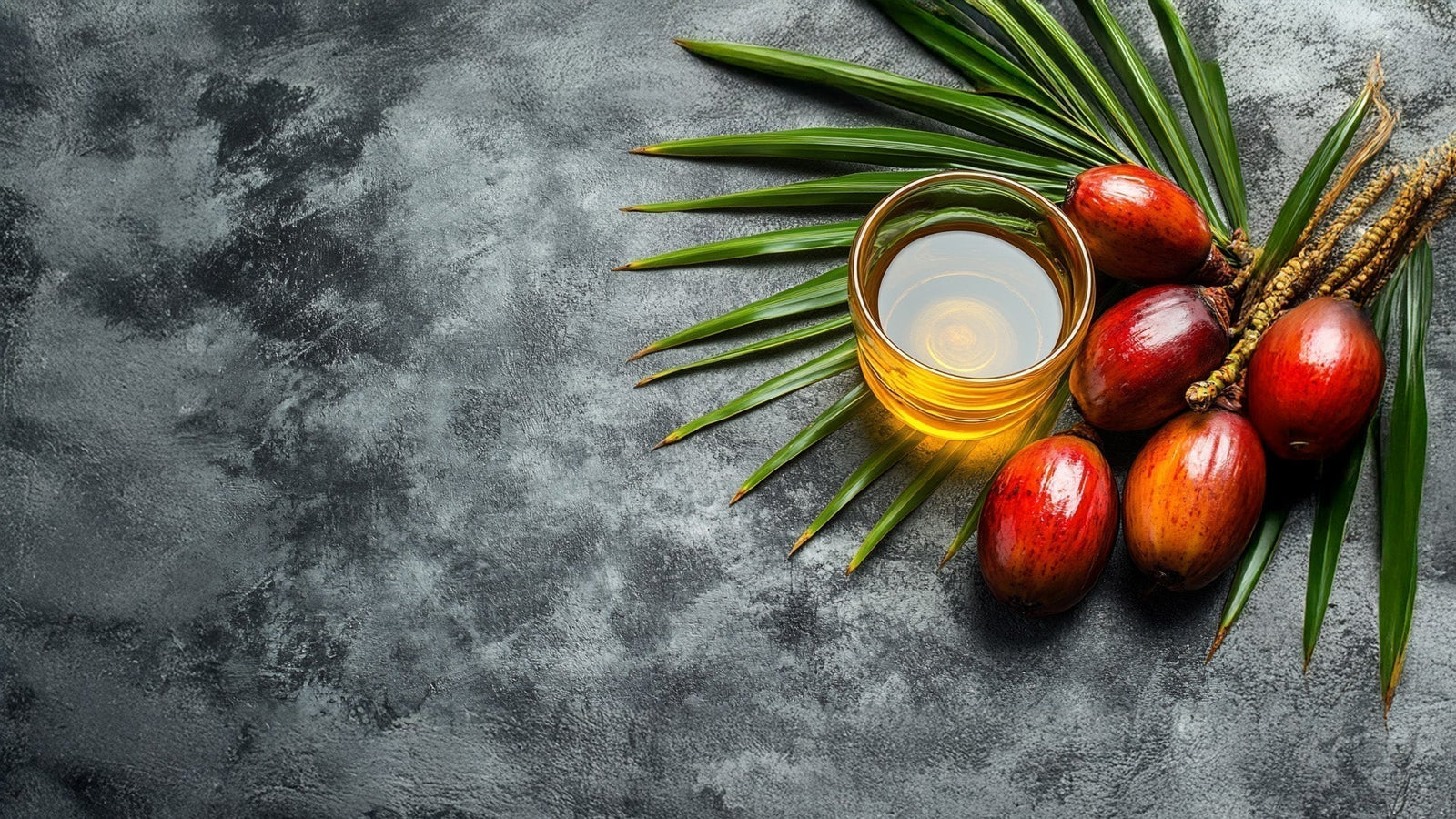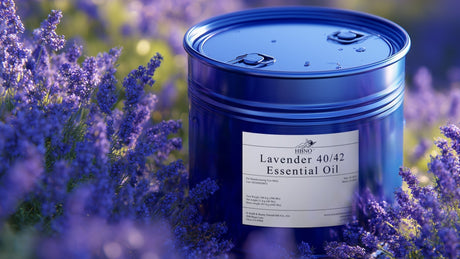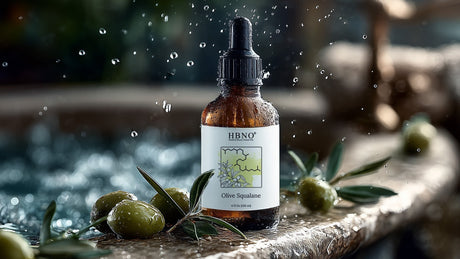Soap making is a craft that combines various oils to produce bars that are both luxurious and practical. Palm oil is a key ingredient, valued for adding hardness, rich lather, and skin-nourishing properties.
Despite its benefits, palm oil benefits for skin are often overshadowed by environmental concerns due to its production impact. This guide explores its skin-nourishing advantages, eco-friendly alternatives, and trusted sources for purchasing quality palm oil.
Benefits of using Palm oil in Soap Making
Palm oil is often favored by soap makers for several reasons, which we'll delve into below:
1. Provides Hardness to Soap Bars
Palm oil is known for its ability to harden soap. This is particularly useful for cold process soap makers who need a firm bar that will last longer. The steric acid content in palm oil contributes to this property, helping the soap retain its shape and preventing it from becoming mushy or soft over time.
2. Creates Lather
When paired with coconut carrier oil, palm oil helps produce a rich, creamy lather in soap. Coconut oil is often used in soap making for its ability to produce bubbles, while palm oil stabilizes the lather, creating a more luxurious and dense foam. This combination is particularly popular in recipes for bar soaps used for daily washing.
3. Moisturizing Properties
Palm oil also has moisturizing qualities that are beneficial for the skin. Its natural fatty acids, such as oleic acid and palmitic acid, help retain moisture in the skin, leaving it feeling soft and hydrated after use.
4. Shelf Stability
Another advantage of using palm oil in soap for fragrance making is its shelf stability. Their effectiveness. Palm oil is often used in commercial soap production due to its long shelf life and ability to withstand varying storage conditions.

Palm Oil Substitutes in Soap Making
If you prefer to avoid palm oil for environmental or ethical reasons, several excellent substitutes can be used in soap making. These alternatives provide similar benefits, including hardness, lather, and skin moisturizing properties, without the concerns associated with palm oil production.
1. Babassu Oil
Babassu oil is a close alternative to palm and comes from the seeds of the babassu palm (Attalea speciosa), which grows in Brazil. This oil has a similar fatty acid profile to both coconut and palm oil offering firming and moisturizing properties in soap.
2. Coconut Oil
Coconut oil is another common oil used in soap making. While it can produce a very hard bar of soap, it also creates a bubbly and cleansing lather. However, using too much coconut oil in soap can be drying, so it's essential to balance it with other oils or add a superfat (extra oils that don't saponify).
3. Mango Butter, Shea Butter, and Cocoa Butter
Hard butters like mango butter, shea butter, and cocoa butter can be used to replace palm oil in soap making. These butters add both hardness and moisturizing properties to the soap, making the bars firm but still gentle on the skin.
- Mango Butter: Known for its emollient properties, mango butter is rich in fatty acids and may help improve skin elasticity while providing a luxurious feel in soap.
- Shea Butter: Shea butter is renowned for its ability to hydrate dry skin. It may also help add firmness to soap bars.
- Cocoa Butter: Cocoa butter offers a rich, creamy texture and may help moisturize and nourish the skin, making it an excellent choice for those with sensitive or dry skin.
You can use these butters in combination, up to 15% of your soap recipe, to achieve a solid yet moisturizing bar.
4. Olive Pomace Carrier Oil
Olive Pomace Carrier Oil is another popular choice in soap making. While it doesn't produce the same hardness as palm oil it is incredibly gentle on the skin and offers deep moisturizing benefits. Olive oil can be used as a base oil in soap making, though it's best combined with harder oils like coconut or babassu to achieve a firm bar.

How to Use Palm Oil in Cold Process Soap Making
When incorporating palm oil into cold process soap, it's important to melt and mix it thoroughly before adding it to your recipe. This ensures that the fatty acids in the palm oil are evenly distributed throughout the soap mixture.
In general, palm oil can make up to 33% of a cold process soap recipe, but it's best to experiment with small batches to determine the ideal amount for your specific recipe. If you are using palm kernel flakes, which are a mixture of palm kernel oil and soy lecithin, it's recommended to use them up to 15%.
Using too much can make the soap too hard, and you may also notice that it speeds up trace (the point at which the soap begins to thicken), so be prepared to work quickly.
Conclusion
Palm oil is a staple in soap making, known for adding hardness, rich lather, and moisturizing benefits. To address environmental concerns, choosing sustainably sourced palm oil is key-and alternatives like coconut, babassu, or hard butters are great options too.
At HBNO Bulk, we offer high-quality, ethically sourced palm oil in bulk for soap makers of all sizes. Explore our range today and elevate your soap creations with ingredients that deliver both performance and peace of mind.
Expand your range with professional US Private Label Company for bulk and retail-ready products.
Citations:



